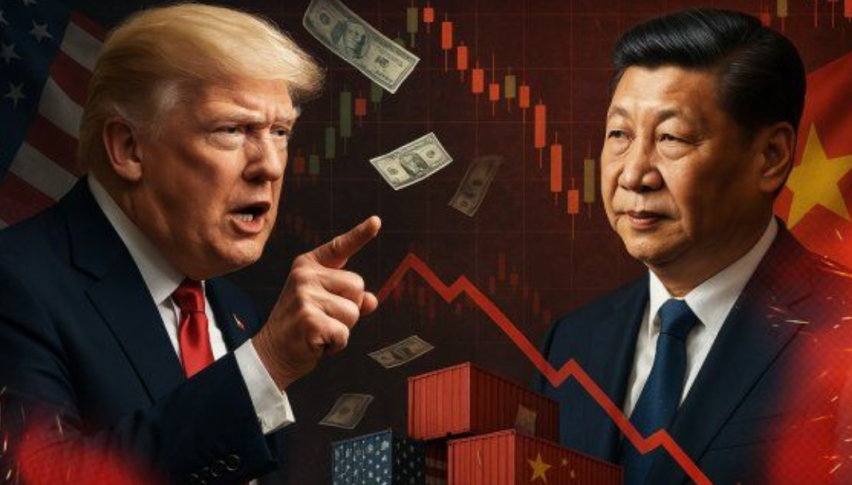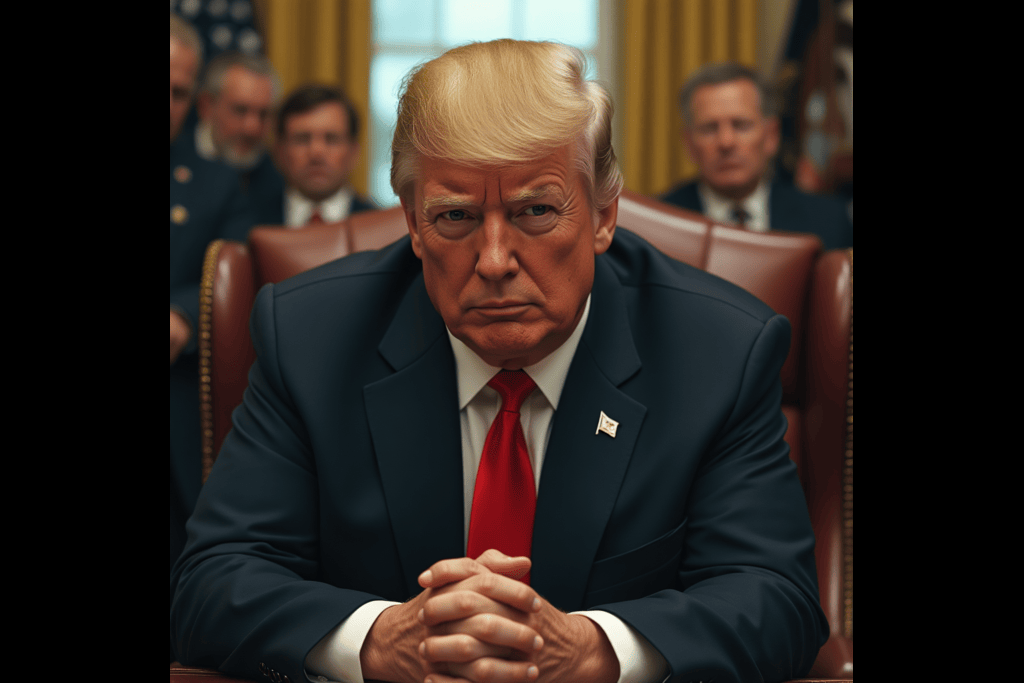Trump Could Be Forced to Refund $96 Billion if Courts Rule Tariffs Illegal
The disputed tariffs include “reciprocal” measures announced in the spring and additional duties on imports from China, Canada, and Mexico.

Quick overview
- A federal appeals court ruled that most tariffs imposed by President Trump were illegal, potentially reshaping U.S. trade policy.
- The administration has until October 14 to appeal to the Supreme Court, with the possibility of rolling back tariffs and refunding over $96 billion.
- The ruling affects tariffs linked to fentanyl trafficking but leaves other tariffs on steel, aluminum, and autos intact.
- Trump criticized the decision as partisan, while analysts highlight the complexities of refunding and the implications for his trade strategy.
A federal appeals court has ruled that most tariffs imposed by President Donald Trump were illegal, setting up a high-stakes battle that could reshape U.S. trade policy.

The decision, passed in a 7–4 vote, gives the administration until October 14 to appeal to the Supreme Court. If upheld, the ruling could force Washington to roll back the levies and refund more than $96 billion collected since April.
The disputed tariffs include “reciprocal” measures announced in the spring and additional duties on imports from China, Canada, and Mexico, which the Trump administration justified under the International Emergency Economic Powers Act (IEEPA) of 1977, linking them to the fight against fentanyl trafficking. Other tariffs enacted under different laws—such as those on steel, aluminum, and autos under Section 232 of the 1962 Trade Expansion Act—remain unaffected.
Trump denounced the ruling as “highly partisan” and warned that eliminating the tariffs would be “a total disaster for the country.” Treasury Secretary Scott Bessent echoed that sentiment but stressed that the administration could still rely on alternative legal authorities, such as Section 338 of the Smoot-Hawley Tariff Act of 1930, which allows for temporary duties of up to 50% in cases of discriminatory practices against U.S. trade.
The potential refund of $96 billion poses both legal and logistical challenges. Each importer would need to prove when and how much they paid, adding bureaucratic complexity. Still, analysts note the bigger issue lies in the broader reversal of Trump’s trade policy strategy, which has generated record customs revenues in recent months—$28 billion in July alone, a 273% year-over-year increase.
- Check out our free forex signals
- Follow the top economic events on FX Leaders economic calendar
- Trade better, discover more Forex Trading Strategies
- Open a FREE Trading Account
- Read our latest reviews on: Avatrade, Exness, HFM and XM